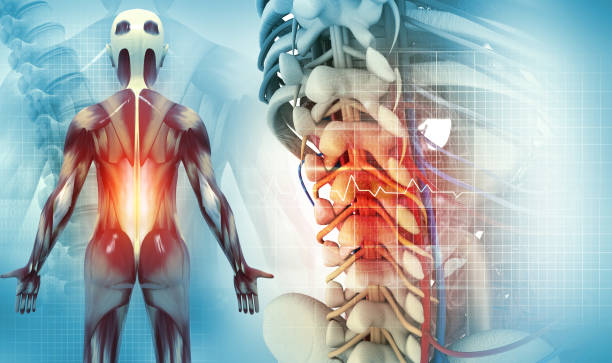When it comes to cancer, one of the less common but equally serious forms is bone cancer. In this guide, we'll explore the causes, symptoms, and treatment options for bone cancer to help you better understand this condition.

Causes of Bone Cancer
-
Primary Bone Cancer: Primary bone cancer begins in the bones. It is relatively rare and occurs when normal bone cells undergo genetic mutations, leading to the development of cancerous cells. The exact cause of these mutations is often unknown, but they can be influenced by genetic factors, radiation exposure, and certain rare genetic syndromes.
-
Secondary Bone Cancer: Secondary bone cancer, also known as metastatic bone cancer, is more common. It happens when cancer from another part of the body (e.g., breast, lung, or prostate) spreads to the bones. The cancer cells travel through the bloodstream or lymphatic system and form tumors in the bones.
Symptoms of Bone Cancer

The symptoms of bone cancer can vary depending on the type and location of the cancer. Some of the common symptoms of bone cancer include:
-
Bone Pain: The most common symptom of bone cancer is persistent and severe bone pain that tends to worsen at night.
-
Swelling and Tenderness: The affected area may become swollen, and the bone can be tender to the touch.
-
Weakened Bones: Bone cancer can weaken bones, making them more susceptible to fractures or breaks.
-
Limping or Difficulty Moving: When bone cancer affects the leg bones, it can cause limping or difficulty walking.
-
Unexplained Weight Loss: Significant and unexplained weight loss can be a symptom of advanced bone cancer.
-
Fatigue: As with many cancers, bone cancer can lead to fatigue and a general feeling of weakness.
-
Fever and Chills: Some individuals may experience fever and chills as the body's response to the cancer.
It is important to note that some of these symptoms may also be caused by other conditions, so it is important to seek medical attention if you experience any of these symptoms.
Treatments of Bone Cancer
The treatment of bone cancer depends on the type and stage of the cancer, as well as the age and overall health of the patient. Some of the treatment options for bone cancer include:
-
Surgery: This involves removing the cancerous bone and surrounding tissue.
-
Chemotherapy: This involves using drugs to kill cancer cells.
-
Radiation therapy: This involves using high-energy radiation to kill cancer cells.
-
Targeted therapy: This involves using drugs to target specific abnormalities in the cancer cells.
In some cases, a combination of these treatments may be used to treat bone cancer. In addition to medical treatment, supportive care may also be necessary to manage symptoms and improve quality of life.
Diagnosis:
Diagnosing bone cancer often involves a combination of the following:
-
Medical History and Physical Examination: A doctor will evaluate your symptoms and medical history.
-
Imaging Tests: X-rays, CT scans, MRI scans, and bone scans can help identify tumors and their locations.
-
Biopsy: A sample of the suspected cancerous tissue is removed for examination under a microscope to determine if it's cancer and what type.
Treatment Options:
The choice of treatment depends on the type, size, location, and stage of the cancer, as well as the individual's overall health. Treatment options for bone cancer may include:
-
Surgery: Surgical procedures are often used to remove the cancerous tissue. In some cases, amputation may be necessary.
-
Chemotherapy: Medications are used to kill or slow the growth of cancer cells, and chemotherapy is usually used in combination with other treatments.
-
Radiation Therapy: High-energy X-rays or other particles are used to destroy or damage cancer cells. It can be used before surgery to shrink tumors or after surgery to kill any remaining cancer cells.
-
Targeted Therapy: These drugs target specific molecules involved in cancer growth and progression.
-
Cryosurgery: Extremely cold gases or liquids are used to freeze and destroy cancer cells.
-
Palliative Care: For advanced cases, the focus may be on relieving symptoms and improving the patient's quality of life.
Prevention of Bone Cancer
There is no sure way to prevent bone cancer, but there are steps that people can take to reduce their risk. These include:
- Avoiding exposure to high doses of radiation
- Eating a healthy diet
- Maintaining a healthy weight
- Getting regular exercise
- Not smoking or using tobacco products
In conclusion, bone cancer is a rare but serious condition that can affect the bones. The causes of bone cancer are not fully understood, but certain factors may increase the risk of developing this condition. If you experience symptoms of bone cancer, it is important to seek medical attention as soon as possible. With proper treatment and care, many people with bone cancer are able to manage their condition and lead full, active lives.











